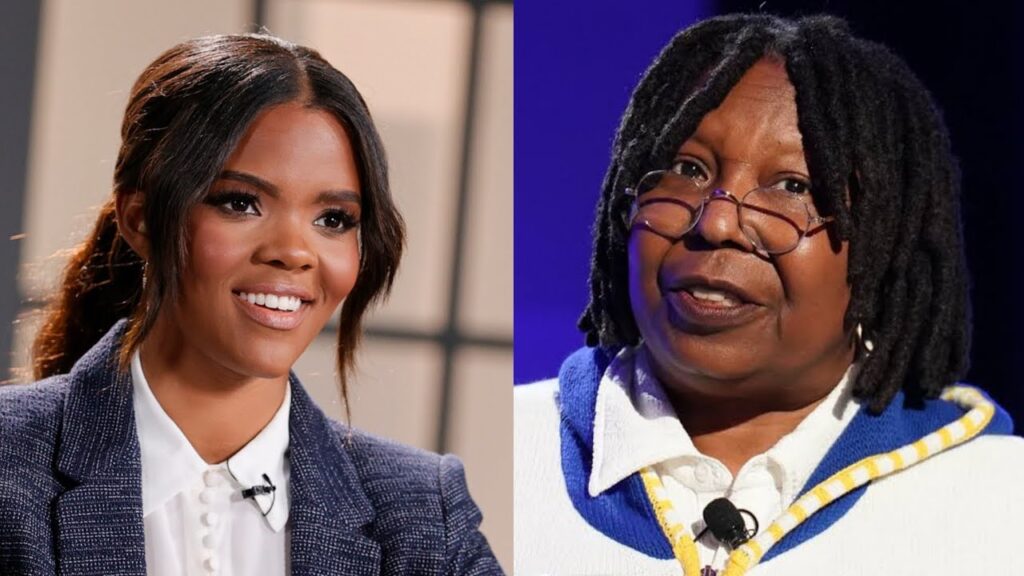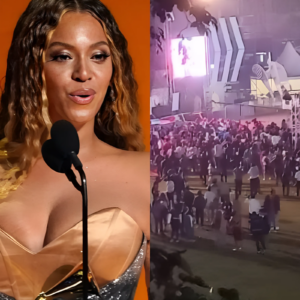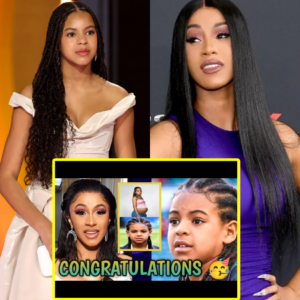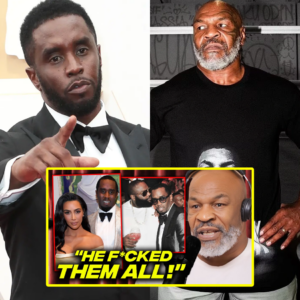In a surprising twist, renowned political commentator and author Candace Owens has grabbed headlines after declining an invitation from ABC to join the esteemed panel of ‘The View,’ a widely-watched daytime talk show. Known for her outspoken conservative views, Owens cited concerns about the show’s perceived toxic environment as the primary factor behind her decision. This unexpected turn of events has sparked fervent discussions regarding the intricate dynamics within ‘The View’ and the challenges of fostering diverse perspectives in the realm of daytime television.

Recognizing the potential for a broader range of viewpoints on ‘The View,’ ABC extended an invitation to Candace Owens, a prominent figure in conservative circles and a compelling force in political discourse with a substantial social media following. The move to include Owens was seen by some as an effort to infuse the show with diverse perspectives and appeal to a wider audience.
However, in a series of statements shared on her social media platforms, Owens candidly declined ABC’s offer, shedding light on her reasons. Expressing concerns about the show’s toxic atmosphere, she emphasized her belief that the dynamic would hinder genuine discussions and respectful exchanges of differing opinions.
Owens, renowned for her unapologetic approach to expressing her views, underscored the significance of open dialogue and the ability to engage in meaningful conversations. Her decision to reject the offer has brought forth pertinent questions about the difficulties of nurturing diverse perspectives within the charged landscape of daytime talk shows.
One of the key points of interest is Owens’ characterization of the show’s environment as “toxic.” This raises questions about the nature of discussions and debates that take place on ‘The View’ and the challenges of maintaining a respectful and constructive atmosphere amidst differing opinions. Owens’ assertion that the dynamic would not allow for genuine conversations suggests that she may have perceived a lack of openness to diverse perspectives or a potential for hostility.
Additionally, Owens’ prominence as a conservative commentator brings attention to the issue of representation and ideological diversity in mainstream media. Her decision to decline the offer may be seen as a reflection of her desire to maintain her independence and ensure her voice is not diluted or misrepresented in a potentially polarized setting.
The response to Owens’ decision has been mixed, with some supporting her stance and applauding her commitment to open dialogue, while others criticize her for potentially missing an opportunity to engage in meaningful discussions on a nationally televised platform. This divergence of opinions further highlights the complexity of balancing diverse viewpoints in the realm of daytime talk shows.
Overall, Candace Owens’ decision to decline the offer to join ‘The View’ has sparked important conversations about the dynamics of daytime television, the challenges of fostering diverse perspectives, and the role of ideological representation in mainstream media. It serves as a reminder of the ongoing debates surrounding open dialogue, respectful exchanges, and the pursuit of balanced discussions in today’s media landscape.
News
Diddy LEAKS Disturbing FOOTAGE Of Beyonce & Jay Z | New EVIDENCE Revealed
The unfolding drama involving Diddy, Jay-Z, and Beyoncé has captivated audiences worldwide. Allegations of scandalous tapes, federal raids, and personal vendettas have dominated headlines, leaving fans shocked…
Tiffany Haddish SHADES Jennifer Hudson For Stealing Common From Her
Tiffany Haddish is making it abundantly clear that she’s not thrilled about comments on new relationship with Jennifer Hudson. She threw some major shade at Jennifer, hinting…
Breaking: Beyoncé’s “Cowboy Carter” Tour Sees Lackluster Ticket Sales, “Only 1500 So Far”
In a surprising twist of fate, Beyoncé’s highly anticipated “Cowboy Carter” tour has encountered a lackluster start, with only 1500 tickets sold for its opening night. This…
“Blue ivy is pregnant” Cardi b Exposed truth about the pregnancy on live TV show says CONGRATS
Welcome to CB Gossip, your go-to source for all the juiciest entertainment news. Don’t forget to hit that subscribe button and ring the bell for more updates….
Kevin Hart FREAKS OUT As 50 Cent LEAKS New Video Of Him & Diddy..
Absolutely, let’s delve deeper into these issues. It seems like there’s a plethora of speculation and rumors surrounding celebrities and their connections to Diddy’s controversial activities. From…
Mike Tyson EXPOSES Members Of Diddy’s S3X CULT..
Unveiling Diddy’s Troubles: A Deep Dive into Allegations and Controversies In recent years, Sean “Diddy” Combs, the rap mogul and entrepreneur, has found himself embroiled in a…
End of content
No more pages to load











